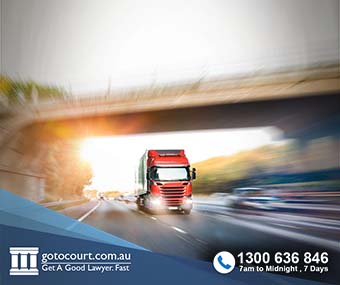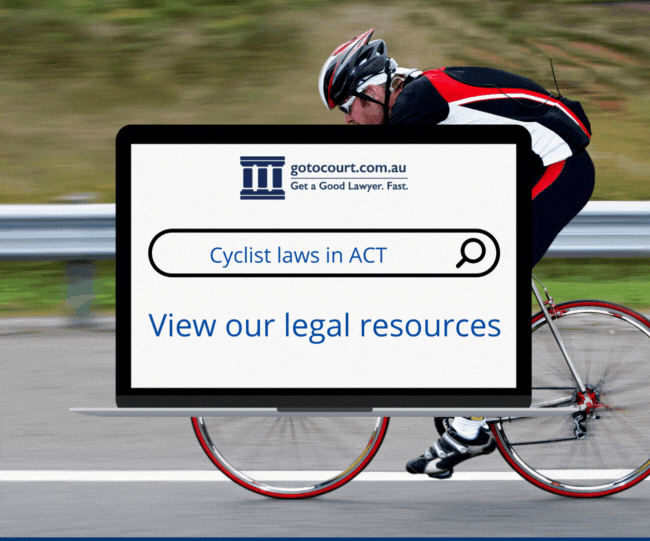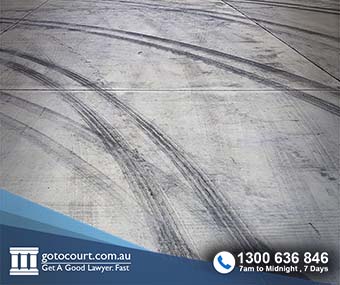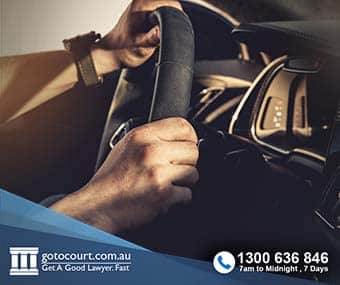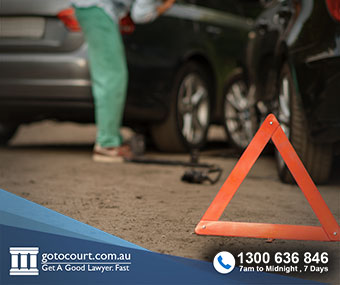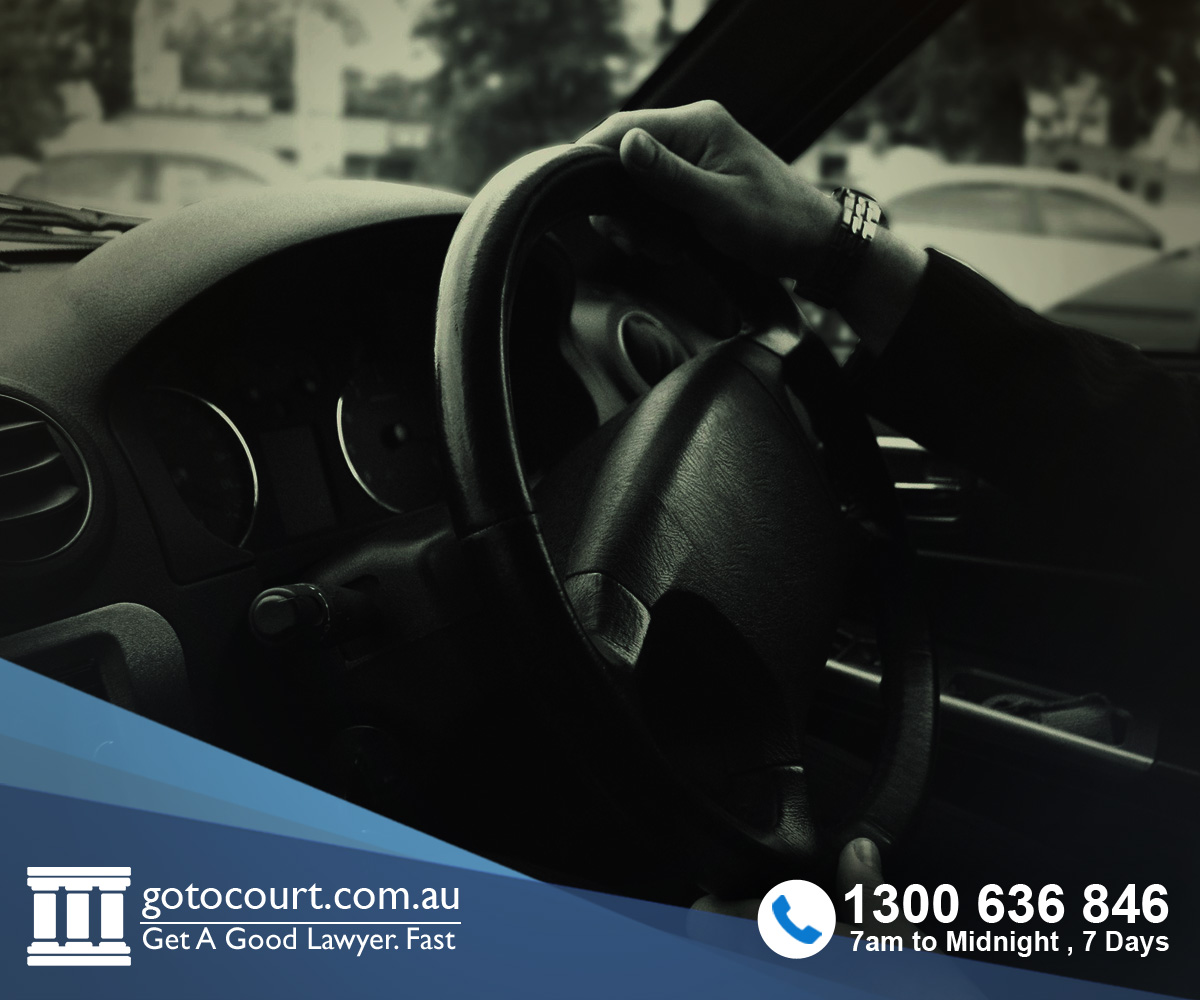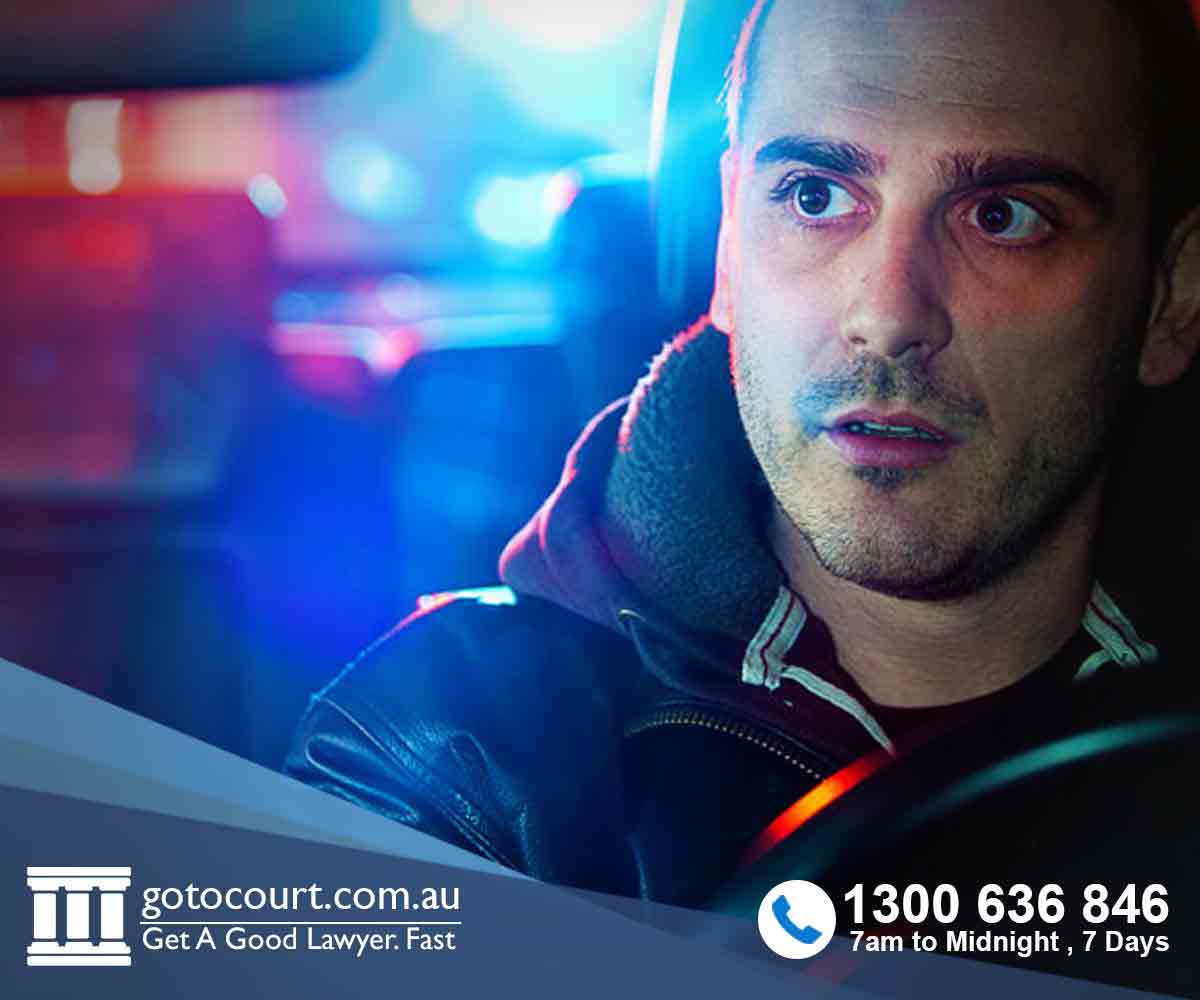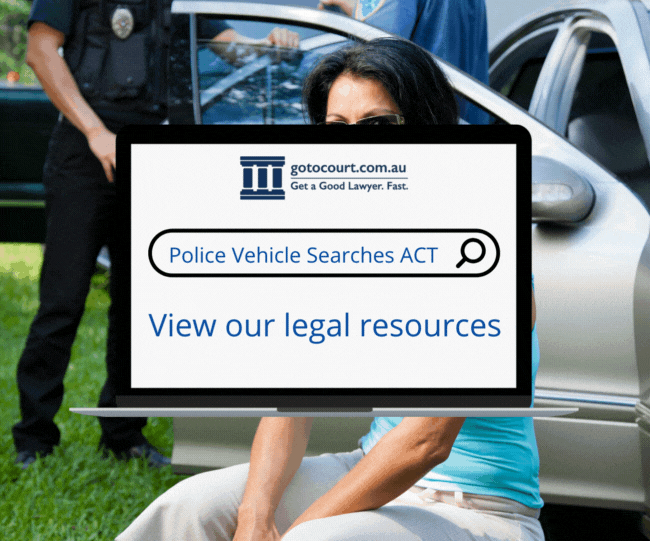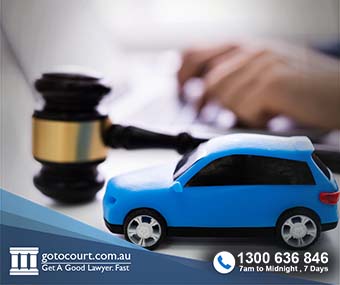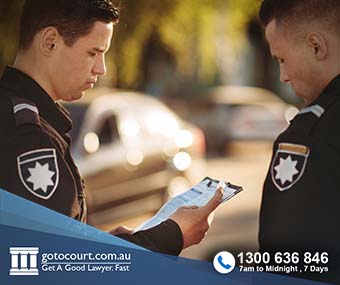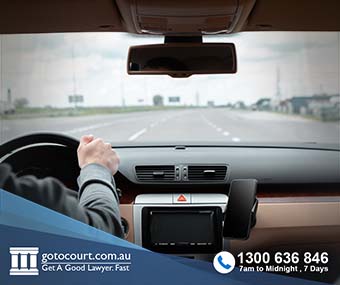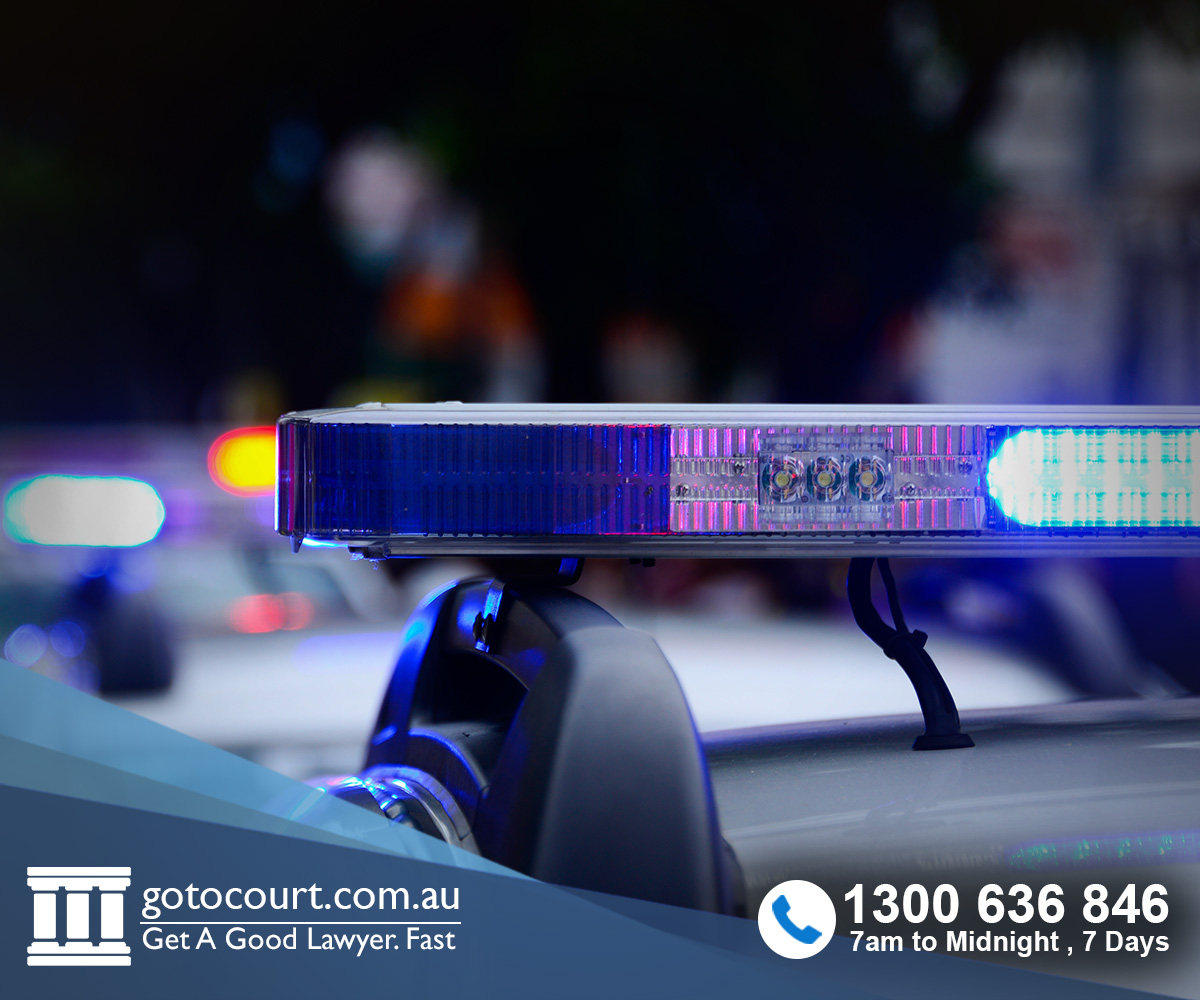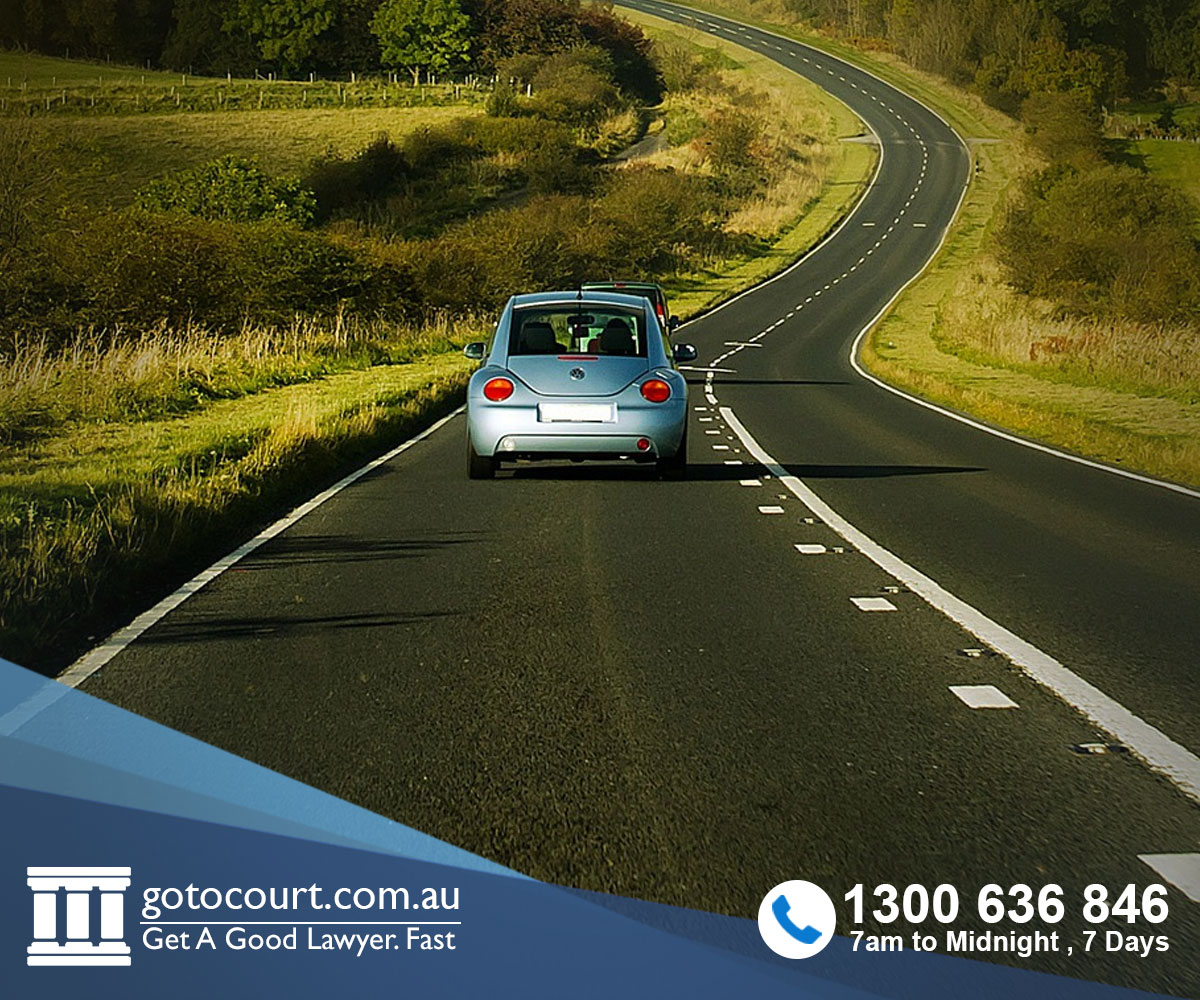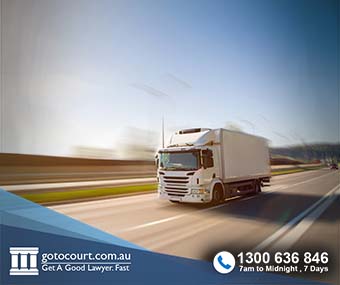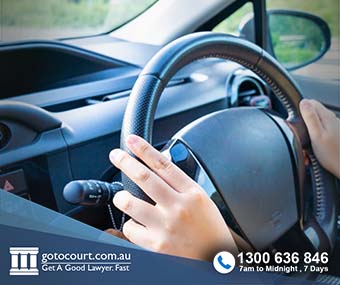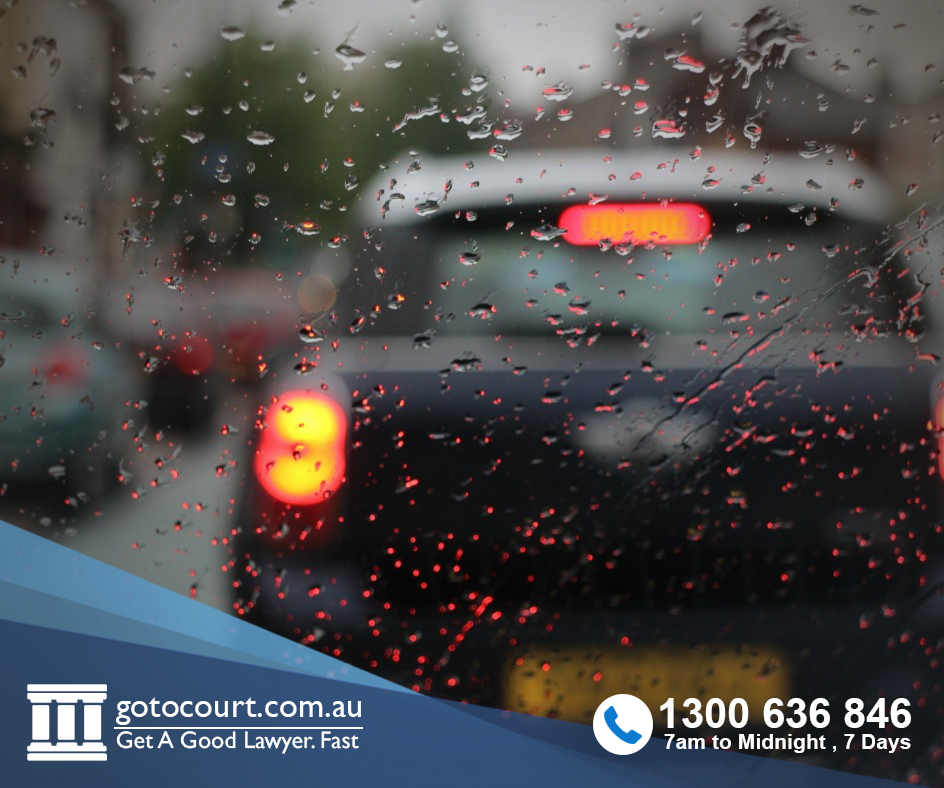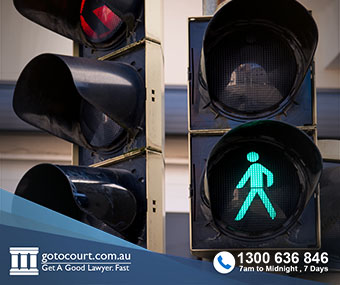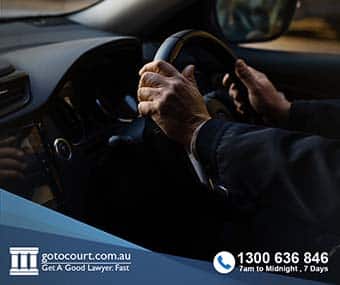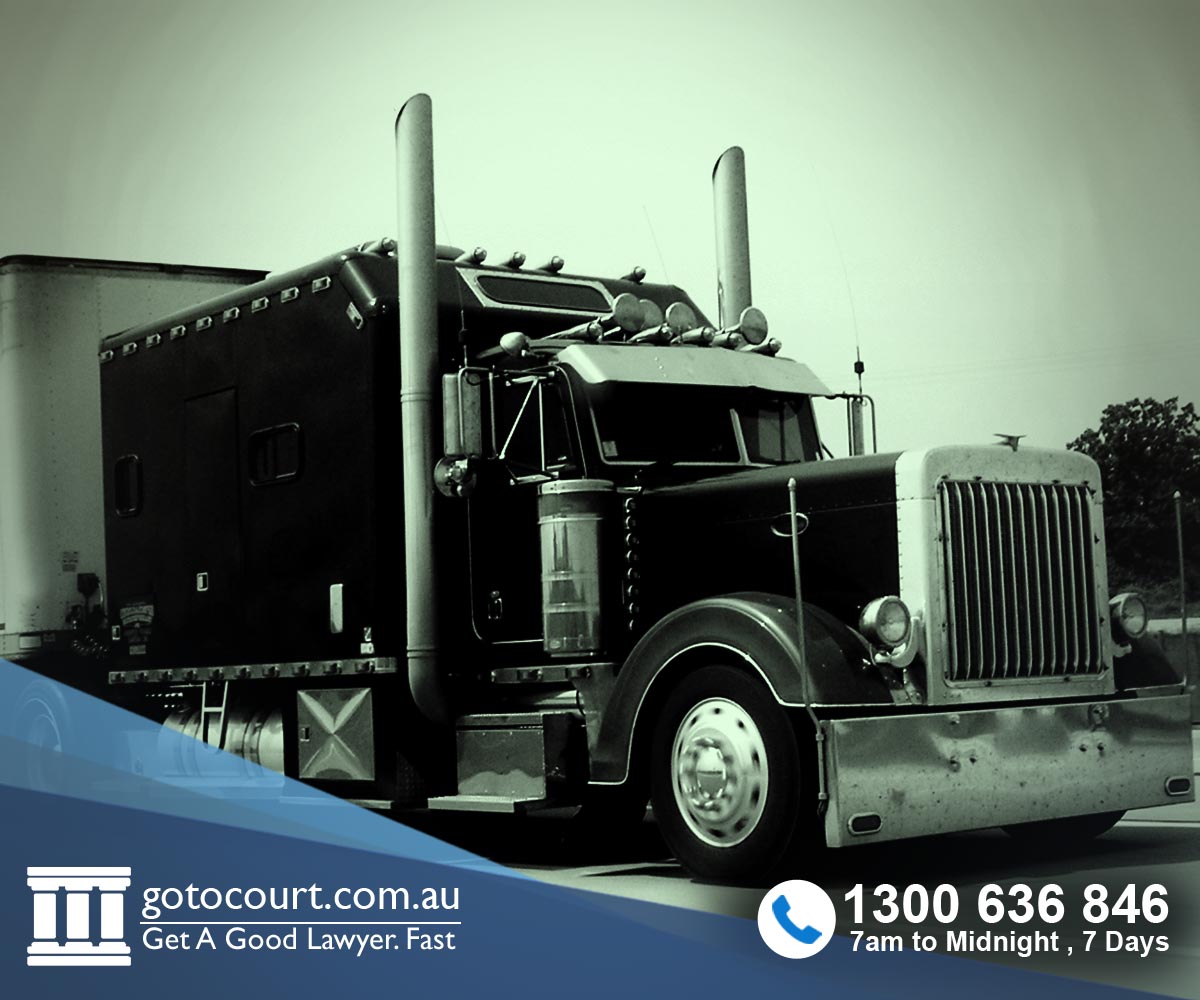Call our lawyers
now
or,
have our lawyers
call you
Hoon Laws in the ACT
Updated on Dec 05, 2022 • 4 min read • 385 views • Copy Link
Hoon Laws in the ACT
Each State and Territory has adopted anti-hooning laws in an effort to clamp down on ‘hoon’ drivers. In the ACT, these laws are contained in the Road Transport (Safety and Traffic Management) Act 1999.
Hooning Offences Australian Capital Territory
It is a hooning offence to do any of the following without written approval from the Road Transport Authority:
- organise, promote or take part in a race
- attempt to break a vehicle speed record
- test the speed or acceleration of a vehicle, or
- take part in a competitive driving trial.
Police powers to seize and impound vehicles
Police officers have the power to seize your motor vehicle on the spot if you are caught committing a hooning offence. Police officers also have the option to seize a motor vehicle if they reasonably believe that the motor vehicle has been used to commit a hooning offence in the last 10 days.
The motor vehicle may be seized from a public place or, if the motor vehicle is on private premises, with the consent of the owner of the private premises, or under a court order.
After the motor vehicle is seized, it will be moved to and impounded in a place decided by the chief police officer. Within 7 days of the seizure, notice of the seizure must be given to the registered owner of the motor vehicle.
Applying for release of your impounded vehicle
If your vehicle has been seized and impounded, you may make an application to the Magistrates Court or the chief police officer to have the motor vehicle released. Your vehicle may be released if you can show that the hooning offence was committed without your knowledge or consent.
Otherwise, the motor vehicle will remain impounded until the earliest of the following:
- a court deals with the offence (in which case your motor vehicle may be forfeited in certain circumstances or a period of impounding may be imposed)
- an infringement notice is served on you
- the motor vehicle is released after 28 days because a prosecution against you for the offence has not been started,
- or 3 months have passed (if you have not previously been convicted of a hooning offence in the past 5 years).
Power of court to require impounding of motor vehicles
If a court convicts you of committing a hooning offence and it is your first time committing such an offence, your motor vehicle will be impounded for a maximum period of 3 months. If you have committed a hooning offence more than once, your motor vehicle will usually be forfeited permanently; however, the court can instead order a period of impounding to avoid excessive hardship or injustice to anyone.
You may be required to surrender the motor vehicle at a particular time and place, or alternatively a police officer may be authorised by the court to seize the motor vehicle.
A police officer may also apply to the Magistrates Court for an order that a motor vehicle be impounded if the police officer reasonably believes that a person has committed a hooning offence of menacing driving. The maximum period of impounding is 3 months. If you are later convicted of menacing driving, any period of impounding under such an order will count towards any period of impounding imposed on your conviction.
Return of motor vehicle at end of impounding period
Once the period of impounding ends, you are entitled to have your motor vehicle returned to you. If you do not apply to the chief police officer for the return of your motor vehicle once that period ends, you will be sent a notice that your motor vehicle will be sold if you do not collect it within 28 days of you receiving the notice. If the motor vehicle is sold, you are entitled to the proceeds of sale less any fees for impounding and storing the motor vehicle, and the costs of selling the motor vehicle.
You must apply for the proceeds of sale within 1 year of the motor vehicle being sold.
Forfeiture of motor vehicles
If you are convicted of committing a hooning offence and you have previously been convicted or found guilty of such an offence, your motor vehicle will be forfeited to the state unless the court decides to impose a more lenient sentence. Your motor vehicle will then be kept by the chief police officer until they are directed by the road transport authority to dispose of it. The motor vehicle may be sold by public auction or public tender, or it may be destroyed if it has little monetary value.


Affordable Lawyers
Our Go To Court Lawyers will assist you in all areas of law. We specialise in providing legal advice urgently – at the time when you need it most. If you need a lawyer right now, today, we can help you – no matter where you are in Australia.How It Works








1. You speak directly to a lawyer
When you call the Go To Court Legal Hotline, you will be connected directly to a lawyer, every time.


2. Get your legal situation assessed
We determine the best way forward in your legal matter, free of charge. If you want to go ahead and book a face-to-face appointment, we will connect you with a specialist in your local area.


3. We arrange everything as needed
If you want to go ahead and book a fact-to-face appointment, we will connect you with a specialist in your local area no matter where you are and even at very short notice.


